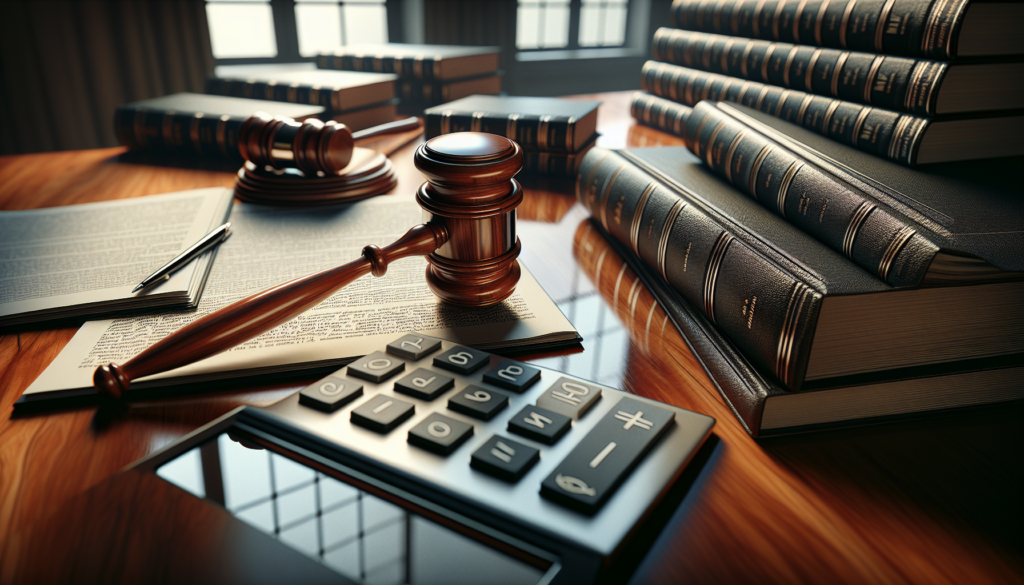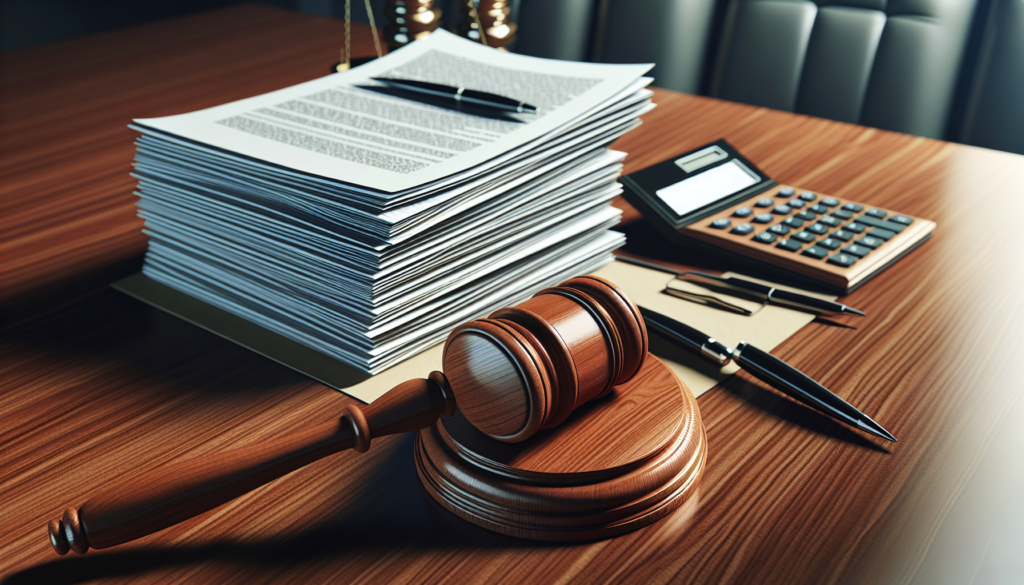
Filing for bankruptcy can indeed stop the collection of a judgment against you, thanks to the automatic stay that goes into effect immediately upon filing for bankruptcy. This automatic stay is a powerful legal injunction that halts most creditors’ collection activities, including those related to judgments. Here’s how it works in the context of bankruptcy:
The Automatic Stay
- Immediate Effect: The automatic stay applies as soon as you file for bankruptcy, preventing creditors from initiating or continuing any collection actions against you. This includes enforcing judgments, garnishing wages, or seizing assets to satisfy a judgment.
- Scope: The stay covers most types of debts and judgments. However, there are exceptions, particularly for certain types of debts such as child support, alimony, and some tax obligations.
Impact on Different Types of Judgments
- Unsecured Debt Judgments: If the judgment against you is related to unsecured debt (like credit card debt or medical bills), filing for bankruptcy can lead to the discharge of the underlying debt, effectively nullifying the judgment as long as it doesn’t fall into non-dischargeable categories.
- Secured Debt Judgments: For judgments related to secured debts (where the creditor has a lien on your property as collateral for the debt), the automatic stay temporarily halts collection efforts. However, the creditor may be able to proceed with collection after obtaining relief from the automatic stay from the bankruptcy court, depending on the type of bankruptcy you file and the specifics of your case.
Chapter 7 Bankruptcy
- Liquidation: In a Chapter 7 bankruptcy, non-exempt assets may be liquidated to pay creditors, but many types of unsecured debts and judgments can be discharged, meaning you are no longer legally obligated to pay them.
- Limitations: Certain judgments, especially those arising from fraud, willful injury, or drunk driving cases, may not be dischargeable in Chapter 7 bankruptcy.
Chapter 13 Bankruptcy
- Repayment Plan: Chapter 13 bankruptcy allows you to keep your assets and pay off debts through a court-approved repayment plan over three to five years. This can include making payments toward judgments as part of the plan.
- Discharge: Upon successful completion of the repayment plan, the remaining dischargeable debts covered by the plan, including related judgments, are typically discharged.
Exceptions and Considerations
- Non-Dischargeable Judgments: Some judgments, due to the nature of the debt they represent, may not be dischargeable in bankruptcy. This includes judgments for child support, alimony, certain taxes, and debts for personal injury caused by driving under the influence of alcohol or drugs.
- Lien Stripping: In some cases, Chapter 13 bankruptcy allows for “lien stripping,” where junior liens on your property (like second mortgages) can be removed if the property value is less than the amount owed on senior liens. This can indirectly affect judgments that have attached as liens to your property.
Filing for bankruptcy can provide significant relief from the collection of judgments by imposing an automatic stay on collection actions and potentially discharging the underlying debt. However, the effectiveness of bankruptcy in dealing with judgments depends on the type of bankruptcy filed, the nature of the judgment debt, and whether the debt is secured or unsecured. Consulting with a bankruptcy attorney is crucial to understand how filing for bankruptcy may impact the collection of a judgment in your specific situation, allowing you to make informed decisions about your financial future.


Get a Free Bankruptcy Case Evaluation